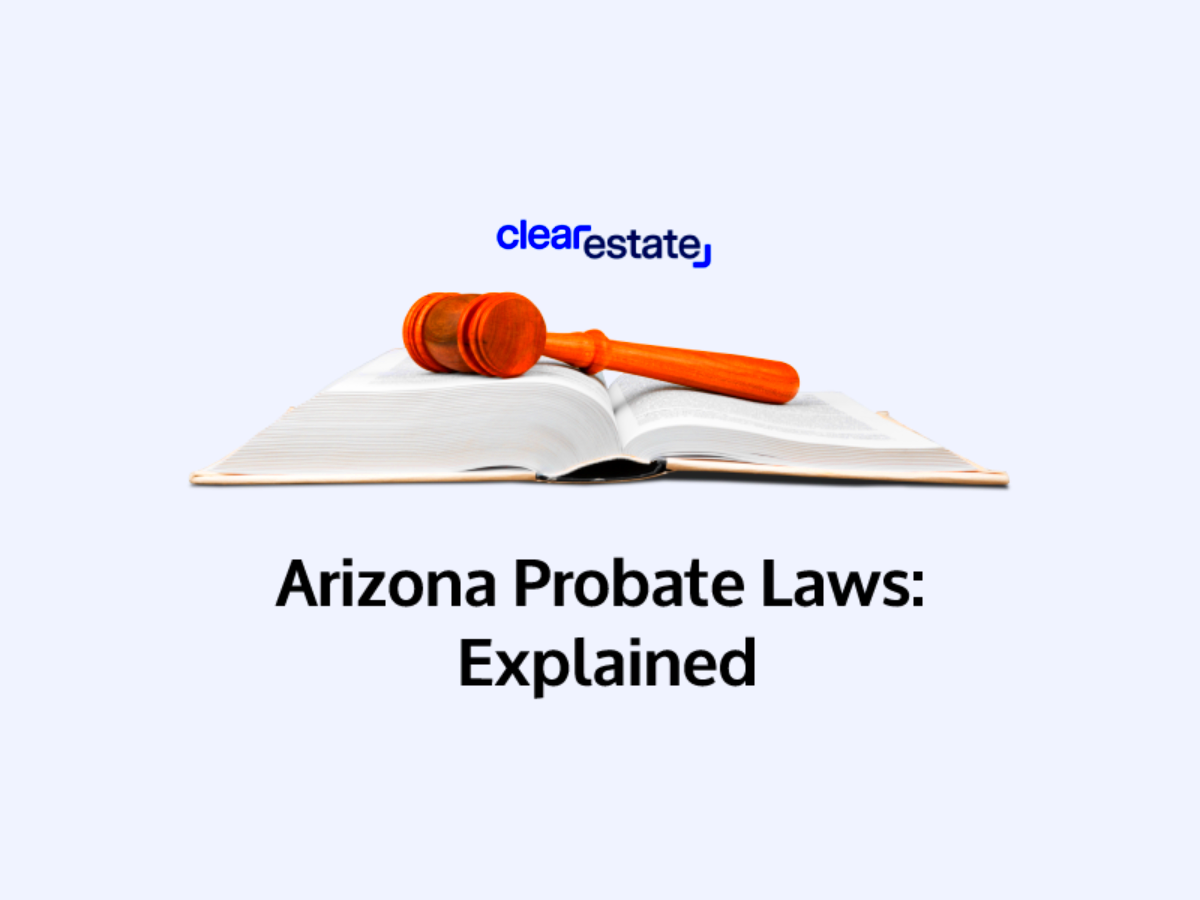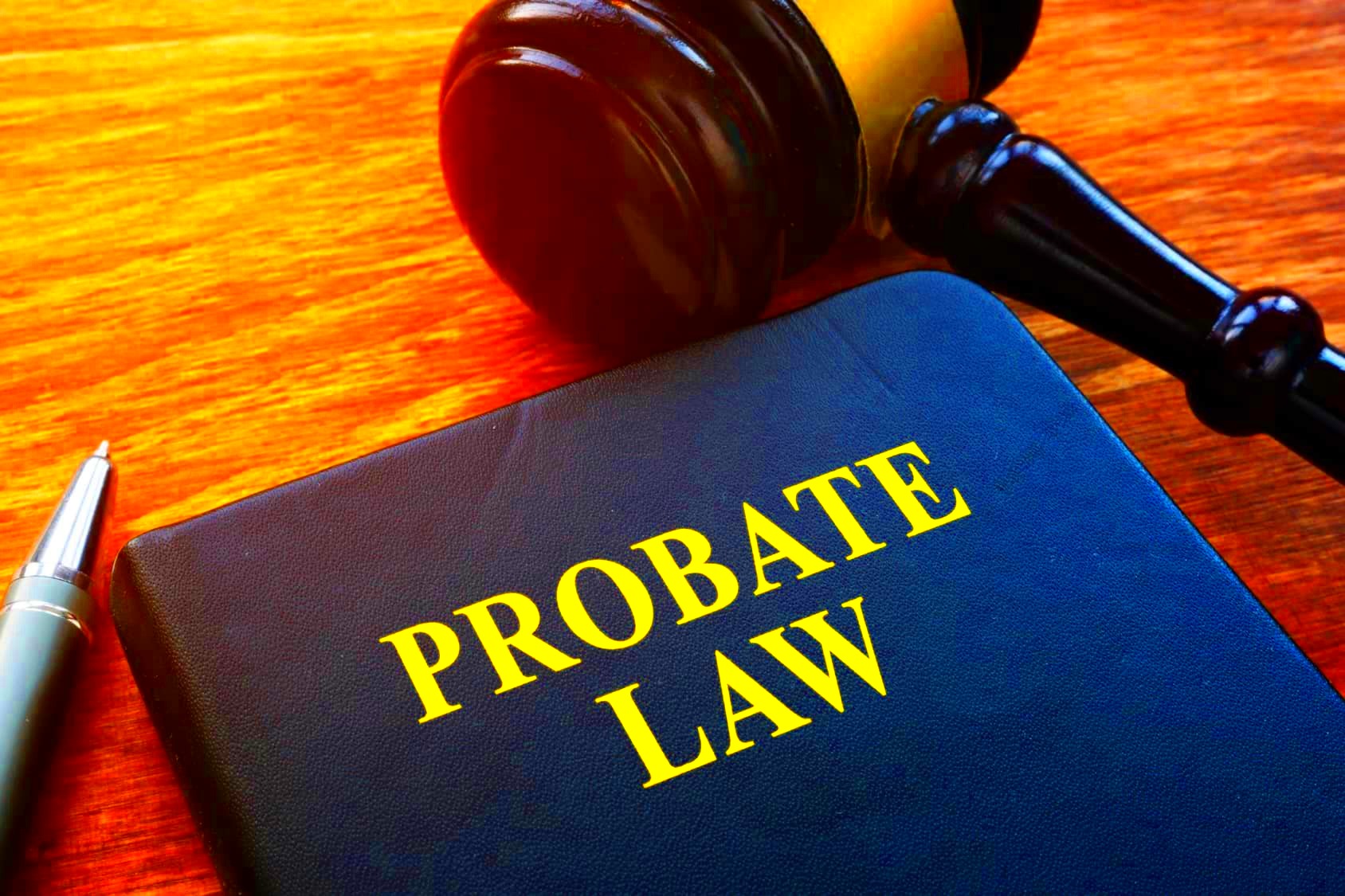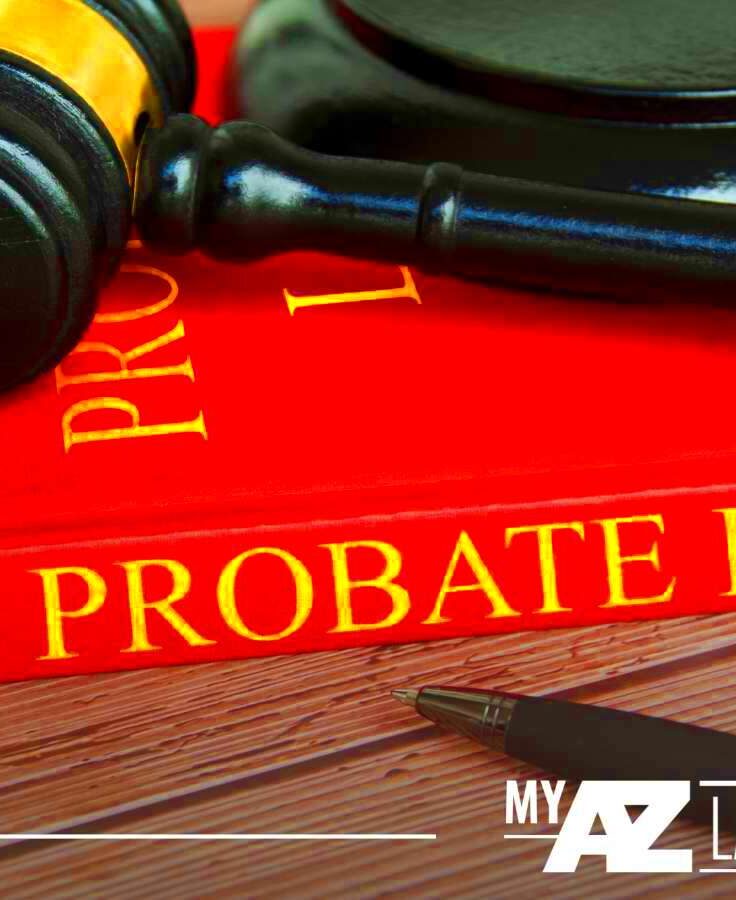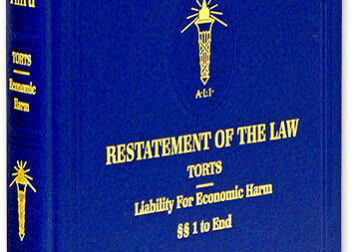Arizona Probate Law Frequently Asked Questions
Arizona probate law governs the process of managing a deceased person’s estate. This includes distributing assets, settling debts, and ensuring that the wishes of the deceased are honored. Understanding this law is crucial for anyone dealing with an estate, whether you’re a family member, heir, or personal representative. Knowing the ins and outs of probate can save time, reduce stress, and help avoid legal disputes. Let’s dive into the key aspects of Arizona probate law.
What is Probate and Why is it Necessary

Probate is the legal process that takes place after someone passes away. Its primary purpose is to validate the deceased’s will (if there is one) and ensure that assets are distributed according to their wishes. Here are some important reasons why probate is necessary:
- Validation of the Will: Probate confirms that the will is legitimate and reflects the true intentions of the deceased.
- Debt Settlement: The probate process helps pay off any debts or taxes owed by the deceased before assets are distributed.
- Asset Distribution: Probate ensures that the deceased’s assets are distributed fairly among heirs and beneficiaries.
- Public Record: Probate proceedings are typically public, providing transparency and preventing potential disputes among heirs.
Steps in the Probate Process in Arizona

The probate process in Arizona involves several steps, and understanding these can help you navigate it more smoothly. Here’s a general outline of the steps involved:
- Filing the Will: The process starts by filing the will with the local probate court.
- Appointment of Personal Representative: The court appoints a personal representative (executor) to manage the estate.
- Notifying Heirs and Creditors: The personal representative must notify all heirs and creditors about the probate proceedings.
- Inventory of Assets: The personal representative compiles an inventory of the deceased’s assets and liabilities.
- Paying Debts and Taxes: Any debts and taxes owed by the estate must be settled before distribution.
- Distribution of Assets: After debts are paid, the remaining assets are distributed to beneficiaries as per the will or state law.
- Closing the Estate: Finally, the personal representative files a final account with the court to close the estate.
Understanding these steps can make the process less overwhelming and ensure everything is handled appropriately.
Types of Probate in Arizona
In Arizona, there are different types of probate processes designed to suit various situations. Understanding these can help you choose the right path for managing an estate. Each type varies in complexity, time, and cost, so let’s break them down:
- Formal Probate: This is the standard probate process for larger estates or when disputes arise. It involves the court and requires more steps, making it time-consuming but thorough.
- Informal Probate: This is a quicker and simpler process for estates with straightforward wills and no disputes. It doesn’t require a court hearing, making it less costly.
- Summary Administration: For smaller estates (under $75,000 in Arizona), this process allows for a simplified approach to probate. It’s faster and often involves less paperwork.
- Ancillary Probate: If the deceased owned property in another state, ancillary probate is needed in that state to transfer property. It complements the primary probate process in Arizona.
Choosing the right type of probate is crucial. It can affect how quickly and efficiently an estate is settled. Always consider consulting with a legal professional to determine the best option for your situation.
Common Challenges in the Probate Process
The probate process can be filled with challenges that might complicate matters. Understanding these can help you prepare and navigate through them more smoothly. Here are some common issues:
- Disputes Among Heirs: Family disagreements over the will or asset distribution can lead to conflicts and even litigation.
- Complex Assets: Managing unique or complicated assets, such as businesses or real estate, can complicate the probate process.
- Debts and Liabilities: Unforeseen debts can arise, leading to delays in settling the estate.
- Tax Issues: Estate taxes or income taxes on the estate can create financial burdens and complicate distributions.
- Lengthy Process: Probate can be time-consuming, often taking several months to years to resolve, which can be frustrating for beneficiaries.
Being aware of these challenges can help you approach the probate process with a clear plan and possibly mitigate issues before they arise.
How to Avoid Probate in Arizona
Many people seek to avoid probate due to its potential complexities and time consumption. Fortunately, there are several strategies you can consider. Here are some effective ways to keep your estate out of probate:
- Revocable Living Trusts: Placing assets in a revocable living trust allows you to maintain control while avoiding probate upon your death.
- Joint Ownership: Holding property jointly with rights of survivorship means the surviving owner automatically inherits the property, bypassing probate.
- Beneficiary Designations: Designating beneficiaries on accounts such as life insurance or retirement accounts allows those assets to pass directly to the beneficiary.
- Transfer-on-Death Deeds: In Arizona, you can use a transfer-on-death deed for real estate, which allows the property to transfer to a named beneficiary upon death without going through probate.
- Gifting Assets: Giving away assets while you’re alive can reduce the size of your estate, thus minimizing or avoiding probate.
Each of these strategies has its pros and cons, so it’s wise to consult with an estate planning attorney to create a tailored plan that suits your needs.
Role of the Personal Representative in Probate
The personal representative, often referred to as the executor, plays a crucial role in the probate process in Arizona. This individual is responsible for managing the estate of the deceased and ensuring that their wishes, as outlined in the will, are fulfilled. Let’s take a closer look at the key responsibilities of a personal representative:
- Gathering Assets: The personal representative must locate and compile an inventory of the deceased’s assets, which includes bank accounts, real estate, and personal belongings.
- Notifying Heirs and Creditors: It’s essential to inform all heirs and creditors about the probate proceedings. This helps maintain transparency and prevents potential disputes.
- Paying Debts and Taxes: The personal representative is responsible for settling any outstanding debts and tax obligations of the estate before distributing assets to beneficiaries.
- Managing the Estate: This role includes overseeing the maintenance of any property and ensuring that assets are protected during the probate process.
- Distributing Assets: Once all debts and taxes are settled, the personal representative distributes the remaining assets according to the will or state law.
Being a personal representative can be a demanding job, but it is also an important responsibility. If you are named as one, consider seeking legal guidance to navigate this process effectively.
Frequently Asked Questions about Arizona Probate Law
Probate law can raise many questions, especially for those who have never been through the process before. Here are some frequently asked questions that might help clarify your understanding:
- How long does probate take in Arizona? The timeline can vary, but most probate cases take between six months to two years to complete, depending on the complexity of the estate.
- Is probate always necessary? No, probate is not always required, especially for smaller estates or when assets are held in trusts.
- Can I avoid probate? Yes, there are several ways to avoid probate, such as using living trusts, joint ownership, or beneficiary designations.
- What happens if there is no will? If someone dies without a will (intestate), the state will determine how their assets are distributed based on Arizona’s intestacy laws.
- Do I need an attorney for probate? While it is not legally required, hiring an attorney can help navigate the complexities of the probate process and avoid potential pitfalls.
Having clear answers to these questions can make the probate process less daunting and help you prepare for what lies ahead.
Conclusion on Arizona Probate Law
Understanding Arizona probate law is essential for anyone dealing with the loss of a loved one or managing an estate. The probate process, while often complex, serves to ensure that a deceased person’s wishes are honored and that their assets are distributed fairly. By knowing the types of probate, the role of the personal representative, and common challenges, you can navigate this process with greater confidence. Additionally, exploring ways to avoid probate can save time and stress for your loved ones in the future. If you find yourself needing assistance, consider reaching out to a legal professional who specializes in probate law to guide you through the process effectively.


